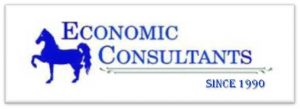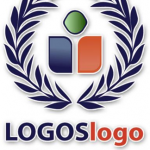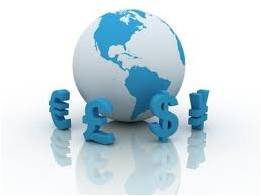A trademark, trade mark, or trade-mark is a distinctive sign or indicator used by an individual, business organization, or other legal entity to identify that the products or services to consumers with which the trademark appears originate from a unique source, and to distinguish its products or services from those of other entities.
A trademark may be designated by the following symbols:
- ™ (for an unregistered trade mark, that is, a mark used to promote or brand goods)
- ℠ (for an unregistered service mark, that is, a mark used to promote or brand services)
- ® (for a registered trademark)
A trademark is typically a name, word, phrase, logo, symbol, design, image, or a combination of these elements.There is also a range of non-conventional trademarks comprising marks which do not fall into these standard categories, such as those based on color, smell, or sound.
The owner of a registered trademark may commence legal proceedings for trademark infringement to prevent unauthorized use of that trademark. However, registration is not required. The owner of a common law trademark may also file suit, but an unregistered mark may be protect-able only within the geographical area within which it has been used or in geographical areas into which it may be reasonably expected to expand.
The term trademark is also used informally to refer to any distinguishing attribute by which an individual is readily identified, such as the well-known characteristics of celebrities. When a trademark is used in relation to services rather than products, it may sometimes be called a service mark, particularly in the United States.
The Institute of Trade Mark Attorneys, which was founded in 1934 promotes high standards of training, qualification and continued learning in order to ensure that the Trade Mark Attorney profession is able to undertake on behalf of clients, large and small, all of the work associated with securing and protecting trade marks and other intellectual property rights, for example registered designs, both in the UK and abroad.
The Institute is the professional body responsible for the regulation of the Trade Mark Attorney profession under the Legal Services Act 2007, and for representing the interests of the profession, nationally and internationally. The regulation of the profession has been delegated to a separate regulatory arm which operates at arms length under the Intellectual Property Regulation Board.
At any time, the Institute has about 1600 members; as well as the core fully qualified Trade Mark Attorneys, its membership also includes those training to be Trade Mark Attorneys, foreign Trade Mark Attorneys and other professionals in other related areas of the law e.g. Barristers who have a Trade Mark/Design interest.
What is a Trade Mark and why Register?
Like all businesses, you invest a great deal of time and money in developing and marketing a product or service. You naturally wish the public to recognise that product or services as yours and yours alone. By using a trade mark – an exclusive way of identifying your own product or services – you can build up loyalty among your customers.
A trade mark assures consumers that the product or service you’re selling is in fact yours: it raises awareness and enables brand extension into other products or markets. It identifies your goods and differentiates them from others. It avoids confusion and stops others copying your product.
There is an extraordinary range of trade marks which can be registered including words, logos, jingles, colours, smells, shapes, gestures, sounds, combinations of letters, numbers, forms of packaging and personal names.
The more you focus the use of your mark and the longer you use to identify your goods and services, the stronger and more valuable it becomes. Some brands are priceless: COKE, LEGO, SHELL. These, and others like them, have all become so famous that they are more than just their names – probably some very familiar images came up while you were reading this paragraph.
But until it is registered, a mark might not belong to you. If someone else gets the mark registered first, you may have to withdraw all your products, redesign all your packaging, draw up a new publicity campaign, pay compensation and/or buy a licence from the registered owners. It is therefore crucial to register and use your mark correctly, so that it can become a key intellectual property asset.
Who to Contact
There are a number of companies offering Trade Mark or Logo designs. If you are the creative type you will find everything from free tools to cheap solutions.
The people in Logos logo may serve as on possible contact to make or simply ask us for advice.



